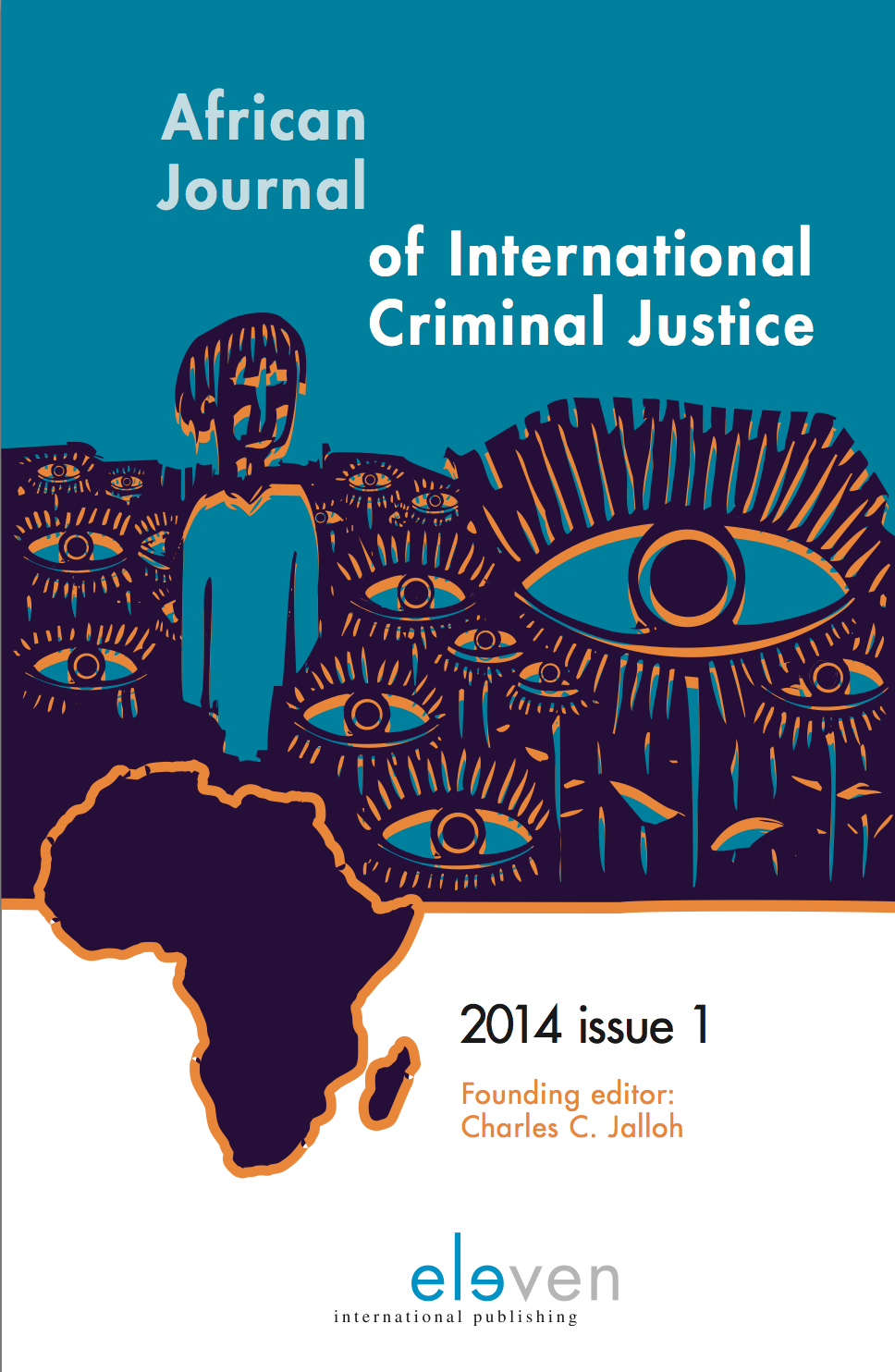|
The pursuit of international criminal justice in Africa through the International Criminal Court (ICC) platform has not been without hitches. There is a rift between the African Union (AU), as a continental body, and the ICC owing to the AU’s perception that the ICC is pursuing selective justice and the AU’s misgivings about the ICC’s indictment /trial of some sitting heads of states in Africa. This article argues that the claim of selective justice cannot be dismissed because it undermines the regime of international criminal justice. The indictment/trial of serving heads of states also has serious constitutional and political implications for the countries involved, but this has been ignored in the literature. Further, the hitches arise both from the failure of the ICC to pay attention to the domestic contexts in order to harmonize its operations in the places of its interventions and from the inherent weakness of the ICC as a criminal justice system. The ICC, on its part, insists that any consideration given to the domestic contexts of its operations would undermine it. Yet the ICC’s interventions in Africa have had serious political, legal and social implications for the communities involved, jeopardizing the peaceful equilibrium in some cases. This should not be ignored. Using the law to stop and prevent international crimes in African societies would require a concerted effort by all concerned to harmonize the demand for justice with the imperatives on the ground. |


African Journal of International Criminal Justice
About this journalSubscribe to the email alerts for this journal here to receive notifications when a new issue is at your disposal.
| Editorial |
|
| Article |
|
| Keywords | Africa and International Criminal Court, Amnesty and war crimes, International Criminal Court, International criminal justice, Peace agreements |
| Authors | Lydia A. Nkansah |
| AbstractAuthor's information |
| Article |
|
| Keywords | International Criminal Court, African Union, Kenya investigation, immunity, Heads of state |
| Authors | Mia Swart and Karin Krisch |
| AbstractAuthor's information |
|
From initial African support for the establishment of the International Criminal Court to recent proposals that African states should withdraw from it, the article traces the history of the relationship between the African Union and the Court and the reasons for its deterioration. The discussion is focussed on the issue of immunity for sitting heads of state, which has emerged as a major sticking point between the two organisations. The disagreement is illustrated with reference to the ICC’s efforts to prosecute the Kenyan President and his deputy. We examine the legal position on head-of-state immunity at international law, and proceed to evaluate the AU’s proposal that the ICC should amend the Rome Statute to provide for immunity for sitting heads of state, as well as the amendment to the Protocol of the African Court of Justice and Human Rights, in light thereof. |
| Article |
|
| Keywords | Criminal accountability, acta sunt servanda, Conflicts, Arrest warrant, Official immunity |
| Authors | Nsongurua J. Udombana |
| AbstractAuthor's information |
|
The competing visions of international criminal justice between the International Criminal Court (ICC) and the African Union (AU) reached a climax with the recent adoption of the AU Protocol enlarging the mandate of the African Court of Justice and Human and Peoples’ Rights to cover criminal jurisdiction. The Protocol, inter alia, grants immunity to state officials for atrocious crimes, which clearly conflicts with the ICC Statute’s normative framework. This dialectic is bound to deepen an already toxic relationship between the two international players. This article calls for practical reasonableness by all stakeholders in order to revive the diminishing effort at advancing international criminal justice in Africa. |
| Miscellaneous |
|

 Issue 0
Issue 0